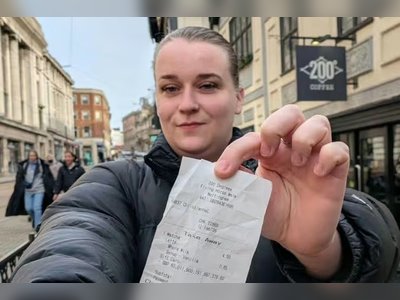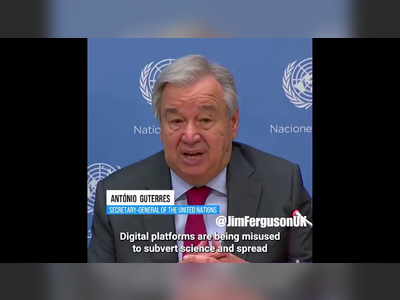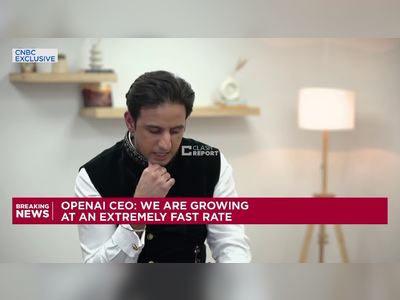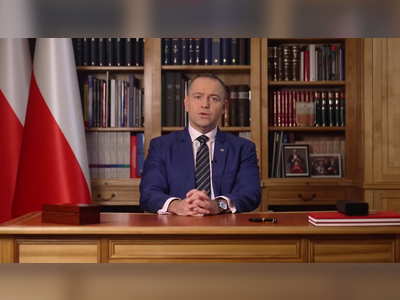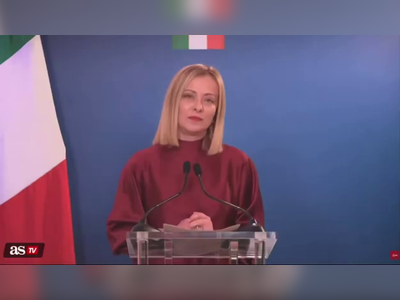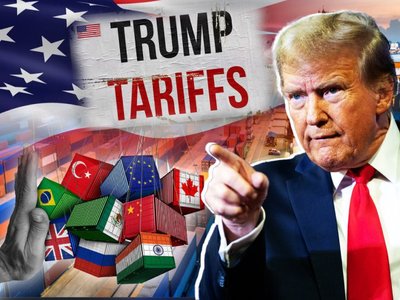Dutch Farmers Rush to Last-Minute Buyout Scheme Amid Regulatory Pressures
A State Council ruling spurs surge in applications as Dutch pig farmers face an uncertain future.
As the clock ticks towards the deadline, a significant number of Dutch livestock farmers find themselves in a last-minute scramble to participate in a government-backed voluntary buyout scheme.
As of today, 1,517 farmers have submitted their applications, with the latest developments hinting at a potential influx of last-minute entries primarily from the pig farming sector.
The urgency stems from a recent ruling by the Raad van State, the Netherlands' Supreme Administrative Court, which has amplified the existing regulatory pressures faced by the farming community.
The court's decision, although not entirely unexpected, has catalyzed the sense of urgency among farmers who perceive the buyout scheme as a viable exit strategy from an increasingly challenging industry landscape.
Despite sustained assurances from policymakers about future stability, many farmers, particularly those in pig farming, view the buyout as an opportunity to escape the economic and environmental tightening grip on their operations.
The government's measure, aimed at reducing nitrogen emissions by decreasing livestock numbers, has both induced anxiety and provided a relief path for those willing to depart the agriculture sector.
Strategically, this buyout could also serve as a pilot for broader environmental initiatives across Europe.
As Brussels grapples with climate targets, other EU member states are keenly observing the Netherlands' approach to balancing agricultural productivity with ecological preservation.
Yet, this buyout is not without its critics.
Farmer associations highlight the potential economic repercussions on rural communities, cautioning against the socioeconomic voids that may follow.
They argue that while the scheme provides immediate financial compensation, it potentially threatens the long-term vitality of agricultural ecosystems dependent on livestock farming.
As tomorrow looms as the critical juncture for decision-making, the government and farming stakeholders are keenly watching the final tally of participants.
It marks a significant moment not only for Dutch farmers but also for the broader conversation on sustainable agriculture in Europe—arming policymakers with lessons on navigating the tensions between environmental imperatives and economic sustenance.
As of today, 1,517 farmers have submitted their applications, with the latest developments hinting at a potential influx of last-minute entries primarily from the pig farming sector.
The urgency stems from a recent ruling by the Raad van State, the Netherlands' Supreme Administrative Court, which has amplified the existing regulatory pressures faced by the farming community.
The court's decision, although not entirely unexpected, has catalyzed the sense of urgency among farmers who perceive the buyout scheme as a viable exit strategy from an increasingly challenging industry landscape.
Despite sustained assurances from policymakers about future stability, many farmers, particularly those in pig farming, view the buyout as an opportunity to escape the economic and environmental tightening grip on their operations.
The government's measure, aimed at reducing nitrogen emissions by decreasing livestock numbers, has both induced anxiety and provided a relief path for those willing to depart the agriculture sector.
Strategically, this buyout could also serve as a pilot for broader environmental initiatives across Europe.
As Brussels grapples with climate targets, other EU member states are keenly observing the Netherlands' approach to balancing agricultural productivity with ecological preservation.
Yet, this buyout is not without its critics.
Farmer associations highlight the potential economic repercussions on rural communities, cautioning against the socioeconomic voids that may follow.
They argue that while the scheme provides immediate financial compensation, it potentially threatens the long-term vitality of agricultural ecosystems dependent on livestock farming.
As tomorrow looms as the critical juncture for decision-making, the government and farming stakeholders are keenly watching the final tally of participants.
It marks a significant moment not only for Dutch farmers but also for the broader conversation on sustainable agriculture in Europe—arming policymakers with lessons on navigating the tensions between environmental imperatives and economic sustenance.

